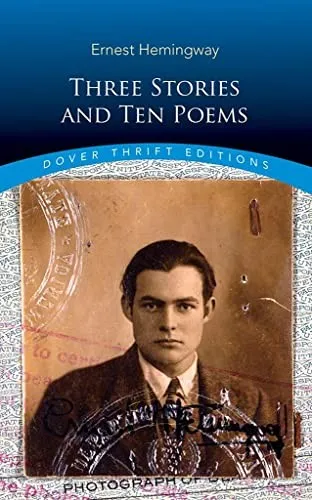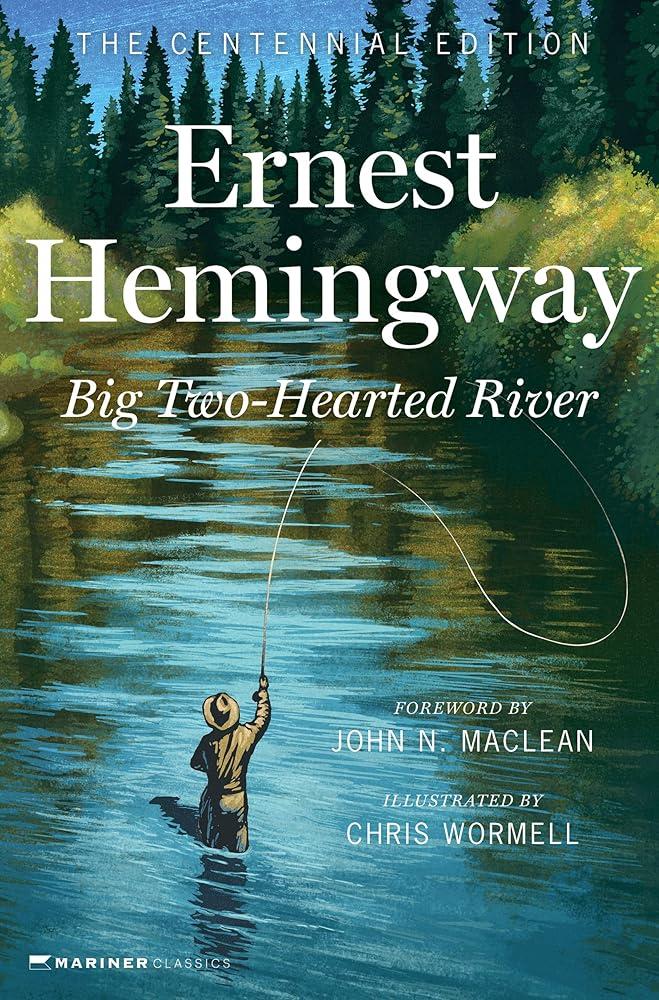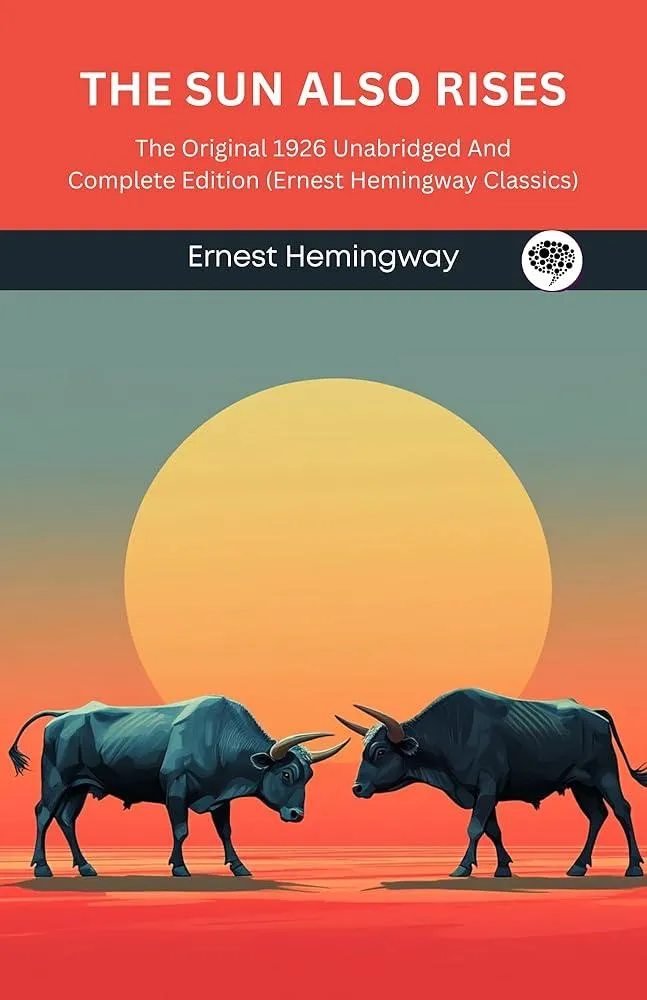Three Stories and Ten Poems
(Author) Ernest Hemingway"His prose is of first distinction," declared critic Edmund Wilson of Hemingway upon the 1923 publication of Three Stories and Ten Poems, the author's first foray into the literary world. These short stories ("Up in Michigan," "Out of Season," and "My Old Man") and their accompanying poems captured the attention of other influential critics as well, anticipating the future Nobel Laureate's emergence as a prominent voice of the Modernist movement. Succinct and lucid in his prose style, American novelist and short story writer Ernest Hemingway (1899–1961) exercised an enormous influence over English-language authors of the twentieth century. A member of the expatriate Lost Generation circle, Hemingway cultivated a larger-than-life image of vigorous masculinity complemented by an intense sensitivity. He drew upon his adventures as a big-game hunter, bullfighter, and fisherman for his fiction as well as his service as a World War I ambulance driver and a reporter during the Spanish Civil War and World War II.
Ernest Hemingway
Ernest Hemingway (1899-1961) was an American novelist, short story writer, and journalist known for his distinctive writing style and portrayal of masculinity. His most notable works include "The Old Man and the Sea," "A Farewell to Arms," and "The Sun Also Rises." Hemingway's writing is characterized by its spare prose, realistic dialogue, and emphasis on themes of war, love, and loss. He is credited with revolutionizing the modern American novel and influencing generations of writers with his minimalist approach to storytelling. "The Old Man and the Sea," a novella about an aging fisherman's struggle with a marlin, remains one of Hemingway's most famous and enduring works, winning him the Pulitzer Prize for Fiction in 1953 and solidifying his reputation as a literary giant.






